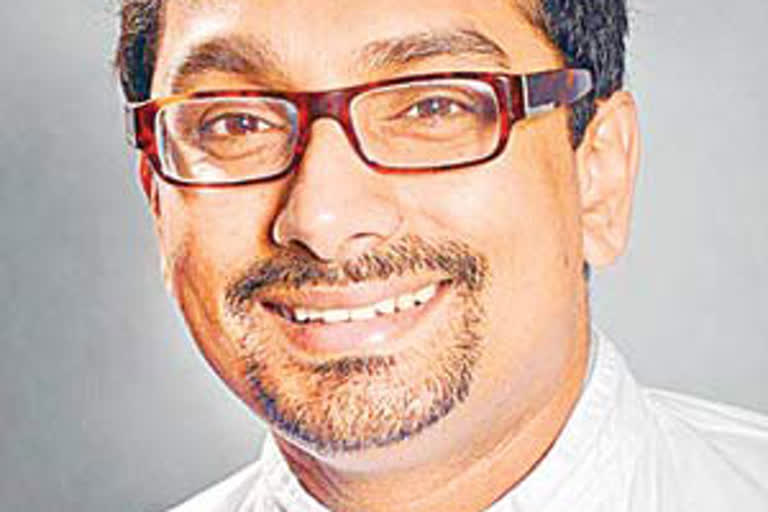Hyderabad: The mutation of coronavirus will not cause any obstacle to produce a vaccine against it, said Prof Sheshadri Vaasan, an Indian-origin scientist in Australia.
In an exclusive telephonic interview with ETV Bharat, Prof Vaasan has shared his views about the corona pandemic, mutation, vaccine and related researches among others.
Though the coronavirus gets mutated, it will not hamper researches for finding the vaccine, Professor Vaasan stated.
He reacted on concerns being expressed by some scientists across the world that mutation of the virus will reduce the impact of the vaccine to be produced.
Prof Vaasan said: “Mutation is common and it is not so dangerous as it was being conceived by some people.”
He has been leading a team of research on the study of dangerous bacteria for the Commonwealth Scientific and Industrial Research Organisation (CSIRO) for the Australia Government.
It was revealed after a research by Almos National Research Laboratory that changes taken place in protein D614G in the thorn may lead to changes in coronavirus.
This is leading to a wide range of debate in the scientific community on the mutation of coronavirus across several other nations.
Prof Sheshadri Vaasan said: “It will not cause any problem to produce the vaccine. Mutation of coronavirus is quite natural and will not be dangerous.”
Prof Vaasan along with Doctor Denis Bevur and other colleagues have analysed a study of 181 genes series of the coronavirus.
Details are as follows:
- Data produced in this regard by Los Almos researchers is limited.
- Actually Sars Cov II that causes Covid-19 has proofreading system. If any changes occur in genes while new corona copies being produced, non-structural protein 14 of the virus will mostly prevent them.
- With several small changes, these viruses are formed into a single group. Sometimes they are capable of causing more intensity of the disease.
- This phenomenon is not beyond the expectations of scientists.
- In future, as the time passes by, a saturation period may arise when the Covid-19 may not attack further lack of more people to infect.
- As the number of infected cases will rise to much extent the virus may not spread itself further due to lack of availability of more people.
- Exactly, at this juncture, the virus may not cause much harm to humans.
- Thus, new types of Sars Cov -2 may be born and cause low intensity of the disease. Also, it may add to long time ailments among human beings.
Los Almos Researchers also studied and observed 183 genes series in the virus and identified 7 D 614 G gene types in Brazil, Mexico, Europe and Wuhan.
Later on, they came to know that India and Australia were affected by the virus mutation.
As per the study two-thirds of places have been affected in the world. While India and Australia were affected by about half of the total cases, he said.
In India we are now continuing our study and research in collaboration with scientists of Indian Institute of Genomics and Integrated Biology, he clarified.
However, it was, later on, proved that there is no much relation between D614G mutation and the affected patients who are hospitalised.
This was revealed by a researchers group of as per the researchers of Los Almos Laboratory.
Though there is still a need for further study on D614G virus mutation. We think that this will not come in the way of producing the vaccine to tackle COVID-19, he said.
We used to produce separate vaccines for Northern Hemisphere and Southern Hemisphere for tackling seasonal influenzas every year, he stated.
However, with regard to Covid-19 there is no need for separate vaccines, he added.
Also Read: beware-of-mobile-banking-malware-eventbot-warns-cert-in



